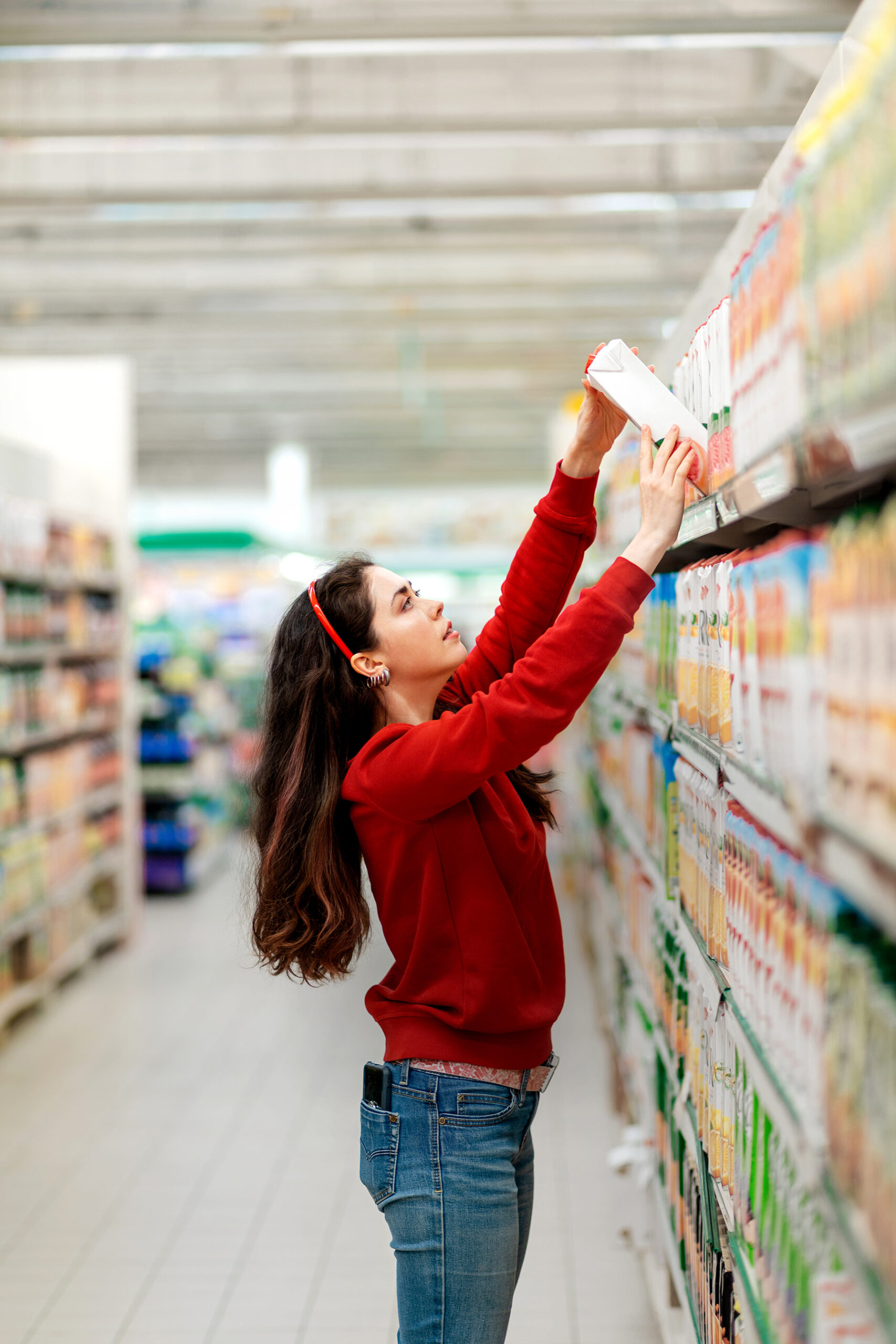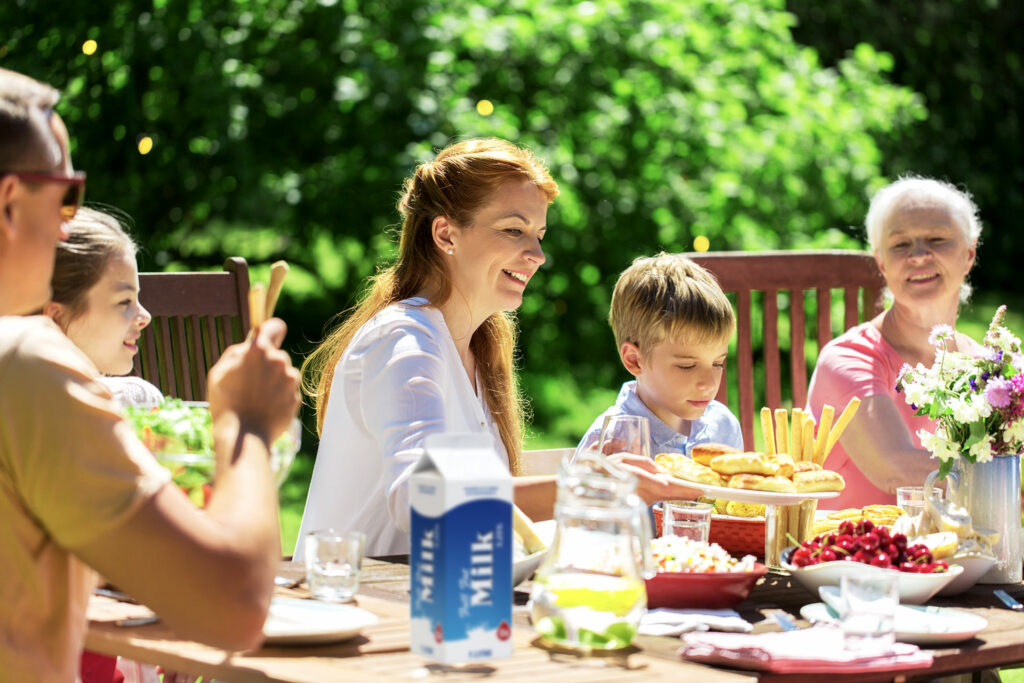The industry’s roadmap to 2030
Our world is facing major challenges all requiring urgent action to ensure the well-being of our and future generations. We know that climate change is a serious threat to human existence.
Packaging is part of our daily life and our way of living has changed over the decades, but packaging has and continues to offer essential functionalities: protecting food and beverages, allowing their safe use and transport, and preventing food wastage.
Therefore, packaging can and should contribute to the EU Green Deal ambitions and in particular to climate neutrality, circularity, biodiversity and resilient food systems objectives, while not compromising on health and safety for consumers.
Beverage cartons are a recyclable low carbon packaging solution today and as such contribute to a variety of societal and environmental objectives, including those mentioned above.
Building on these assets, ACE’s members have adopted an ambitious vision for the future: we will deliver the most sustainable packaging for resilient food supply systems which is renewable, climate positive and circular.
Today, beverage cartons are a recyclable, low carbon packaging solution with an essential role to play in enabling sustainable food supply systems.
- Made from 75% renewable material (on average)
- Made from sustainably sourced fibres (100% CoC)
- Designed for recycling
- Recycled on average at a rate of 51% (EU, 2019)
- Designed to contribute to sustainable food systems
- A low carbon packaging solution (transport efficiency & low quantity of plastic)
- Supported by the ACE members’ commitment to reduce their carbon footprint (in line with the science-based target).

Vision
We will deliver the most sustainable packaging for resilient food supply systems
which is renewable, climate positive and circular.
Our journey to 2030
The beverage carton industry commits to:
Produce beverage cartons only from renewable materials
Decarbonise our value chain with 1.5° C target
Deliver the lowest carbon footprint packaging
Design for circularity
Achieve a 90% collection rate of beverage cartons for recycling
Achieve at least a 70% recycling rate verified by third parties
Meet the highest sustainability sourcing standards for all materials
Increase carbon sequestration, enhance biodiversity and increase forest growth
KPIs
- Report on existing globally recognised sustainability, sourcing, and traceability standards for all materials every two years
- Report on the use of renewable material and recycled content every two years
- Update annually the industry’s Design for Recycling Guidelines
- Annual recycling rates verified by a third party
- Identification of sound metrics on plastic content in 2021
- Report on GHG emissions in line with 1.5° C science-based target (SBT)
- Report on the beverage carton system climate balance
- Develop metrics to assess the impact on biodiversity, carbon sequestration and forest growth

OUR CALLS TO ACTION
The members of ACE are committed to delivering the most sustainable packaging for resilient food supply systems which is renewable, climate positive, and circular.
Members have adopted ambitious commitments by 2030 and will work hard to deliver on the measurable KPIs. However, the necessary regulatory framework is critical to achieving these objectives.
The beverage carton industry calls on EU policy makers to:
- Promote low carbon packaging solutions
- Set mandatory recycled content requirements only where market driven recycling is not well established
- Promote the use of renewable materials in existing and upcoming EU policies such as circular economy or climate policies
- Adopt mandatory due-diligence requirements for all materials, not only forest-based ones
- Enhance the transparency and traceability of global value chains
- Recognise the contribution of low carbon materials to climate neutrality
- Incentivise low carbon packaging solutions such as cartons
- Adopt a mandatory beverage carton collection target
- Ensure harmonised implementation of mandatory separate collection of all packaging
- Set requirements for packaging to be low carbon and recyclable or reusable by 2030